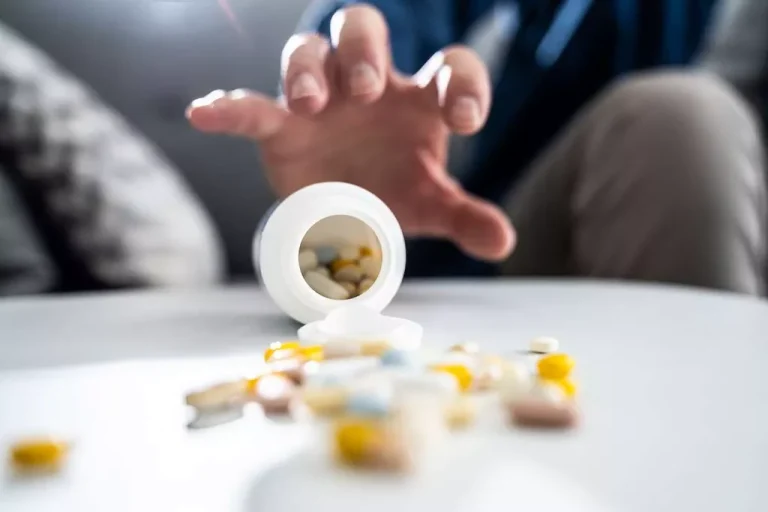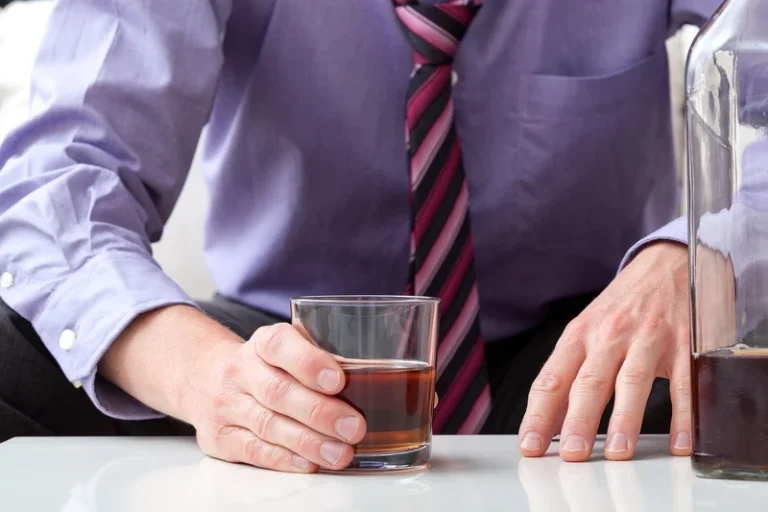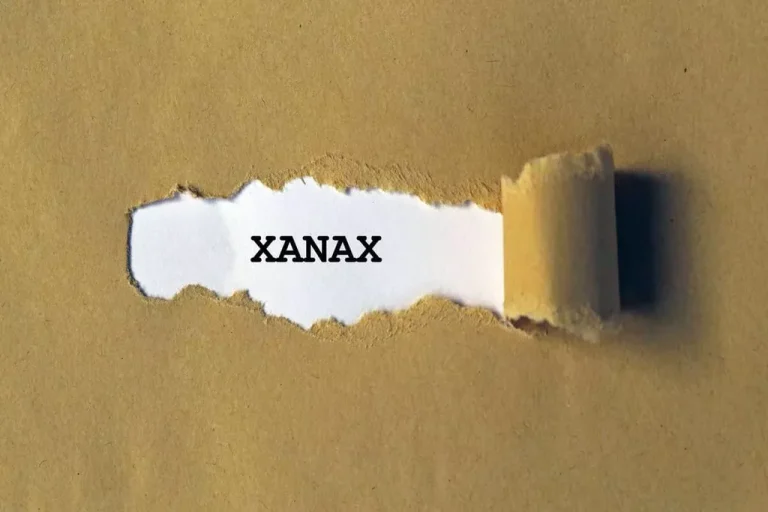Alcohol and the kidneys: Effects and more

While many body parts are affected by dehydration, the kidneys are particularly sensitive to it. The kidneys are designed to retain water when dehydration occurs, but they cannot fully compensate when alcohol is still being used. Baseline characteristics of 5729 participants according to groups defined by baseline alcohol consumption. Too much alcohol use can lead to liver disease called hyperalbuminemia. This condition may cause abnormal protein production or protein leaking into the blood.
- Seeking medical attention or alcohol addiction treatment is vital to address severe kidney damage and prevent further complications.
- One reason alcohol may affect the kidneys is through acute kidney injury.
- Unfortunately, alcohol has the potential to interfere with each of these functions.
- UPJ obstruction can be treated with a minimally invasive procedure.
Association between total alcohol intake and change in the eGFR over 12 years

The risk is even higher in people who drink heavily and also smoke. The kidneys have an important job as a filter for harmful substances. Alcohol causes changes in the function of the kidneys and makes them less able to filter the blood.
What drinks are hardest on kidneys?

Sharing notes with your doctor will help them learn more about how Symtuza affects you. They can then use this information to adjust your treatment plan if needed. During your Symtuza treatment, consider taking notes on any side effects you’re having. This is especially helpful when you first start a new drug or combination of treatments. If you experience any of the above symptoms during Symtuza treatment, talk with your doctor right away. Before you start Symtuza, your doctor will order an HBV test for you.
- The kidneys are very sensitive to pressure changes, and big swings in blood pressure or prolonged high blood pressure can damage them.
- This serious condition occurs when toxins from alcohol build up in your blood so fast your kidneys can’t maintain the proper fluid balance.
- Similarly, clinicians long have noted significant kidney enlargement (i.e., nephromegaly) in direct proportion to liver enlargement among chronic alcoholic2 patients afflicted with liver cirrhosis.
- The answer will depend on a few things, including your current health.
- Laube and colleagues (1967) suggested that both cellular enlargement and cell proliferation contribute to such nephromegaly.
Drinking patterns and associated effects
Moderate drinking can be a part of a healthy lifestyle, but it’s important to understand the effects that chronic drinking (frequently drinking over the recommended daily consumption) can have on the body. Consuming alcohol dehydrates your body, which can have negative how does alcohol affect the kidneys effects on the function of your kidneys and other vital organs. The risk and extent of kidney damage will only increase as alcohol use continues. If you or a loved one are experiencing kidney problems related to alcohol use, quitting alcohol is essential.
If you are living with diabetes and kidney disease, it is important to stay in control of your blood sugar so you can be your healthiest and avoid other… Kidney health is closely linked to overall well-being, emphasizing the importance of moderation in alcohol consumption. Seeking medical advice from healthcare providers when necessary to support kidney recovery and alleviate long-term consequences.
Long-Term Consequences of Alcohol on Kidney Health
If you currently have kidney dysfunction it is best to talk to your healthcare team about how much if any alcohol you should be drinking. When it comes to kidney stones and alcohol there is some conflicting information. Some research shows an association between kidney stones and drinking alcohol. Other research found that drinking an alcoholic beverage causes a sudden spike in blood pressure for up to two hours. This increases the amount of fluid reabsorbed by the kidneys, raises potassium levels, and lowers sodium levels.
What are the first signs of kidney damage from alcohol?
In fact, about a quarter of drinkers reported they had done this on at least one day in the past year. “Binge” drinking has harmful effects on the kidney that can even lead to acute kidney failure. A sudden drop in kidney function is called acute kidney failure.

Chronic kidney disease (CKD) stages
Each of the 2 million functional units (i.e., nephrons) in a pair of normal kidneys forms urine as it filters blood plasma of substances not needed by the body. The treatment for alcohol-induced kidney problems depends largely on the type of kidney disease a person has sustained. According to the United Kingdom’s National Health Service (NHS), a person should consult a doctor if they experience symptoms consistent with kidney disease. Try swapping out alcoholic drinks for alternative beverages such as juices and teas.
It is not known whether chronic alcoholic patients experience a similar difference in the ADH response as they age, however. One of the main functions of the kidneys is to regulate both the volume and the composition of body fluid, including electrically charged particles (i.e., ions), such as sodium, potassium, and chloride ions (i.e., electrolytes). However, alcohol’s ability to increase urine volume (i.e., its diuretic effect) alters the body’s fluid level (i.e., hydration state) and produces disturbances in electrolyte concentrations.
The function of the kidneys in the body is to filter harmful substances out of the body. While alcohol is mainly metabolized by the liver, some of these substances are released through the kidneys. The kidneys are two bean-shaped organs that filter out waste from your blood. The kidneys also maintain the proper balance of fluid and electrolytes in the body.
 Categories:
Categories:  Tags: |
Tags: | 